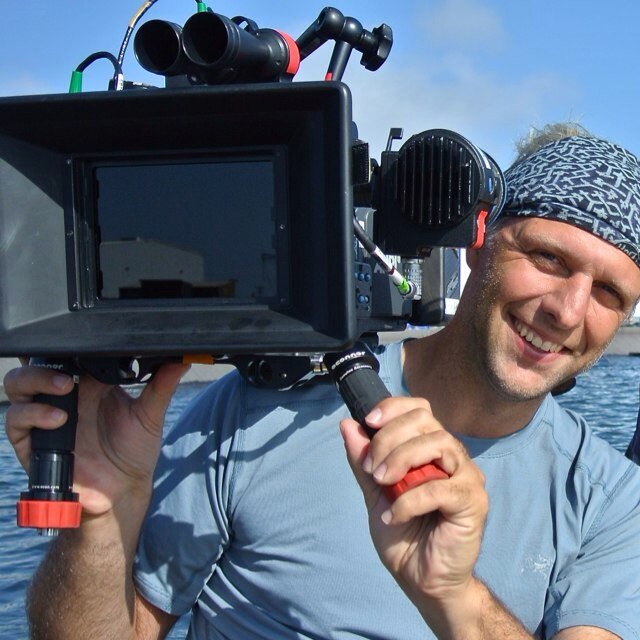
How did you get started in the industry?
I started in Prague, Czech Republic when I was 19, but quickly moved to the US and ended up working as an assistant in NY. My desire has always been to tell stories. I think since English was not my first language, the opportunities I was getting came generally in the technical part of the production.
I apprenticed under some amazing DPs mainly in the documentary world. I started to work as a camera operator and gradually as a DP around the age of 25. This ultimately led me to fulfill my desire to educate myself about the art of fiction and apply for the AFI Cinematography Program, from which I graduated in 2012. Since then I have been working on a mixture of film and television projects.
What types of projects do you typically work on?
I typically work on movies, television movies, adventure television shows, documentaries, and high-end food shows. Recently I've worked on Tough as Nails (CBS), Race to the Center of Earth (National Geographic), Conrad and Michelle: If Words Could Kill (Lifetime), Escaping Valentine's Day (Tencent Media), and Amazing Race 33 (CBS).
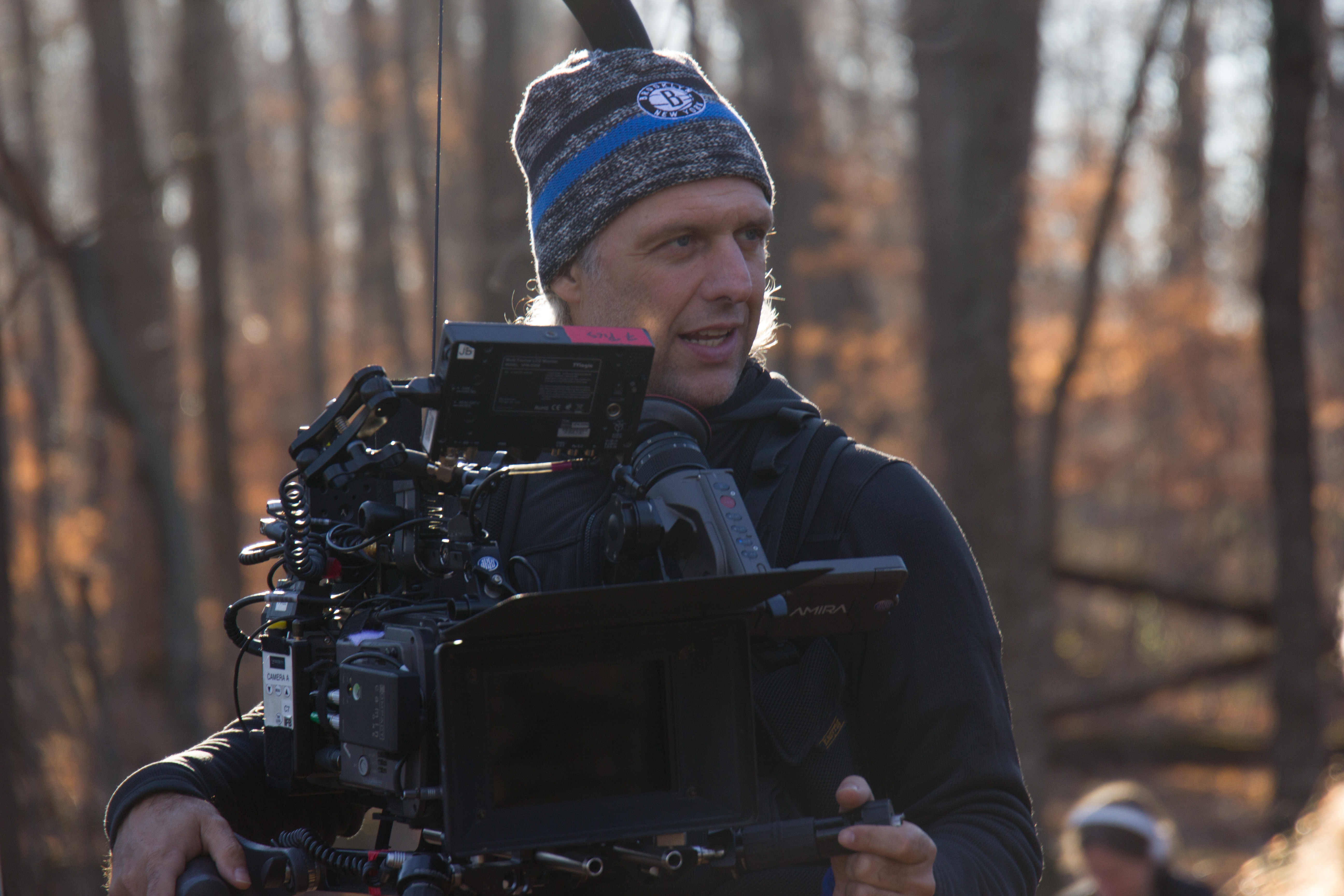
You've used Sony F55 on a number of projects (Mexican Dynasties, Tough as Nails), what made you switch to Sony VENICE?
I believe Conrad and Michelle was one of the first projects shot on Sony VENICE back in April 2018. Even though we were not able to shoot in 6K yet, I was curious about the camera because I felt it had a really good texture of the image and with a good grade it had a potential to look similar or better than some of the cameras I used on other films. I also wanted to take advantage of the 2500 ISO, which was approved specifically for our production by our friends at Sony.
Based on your on-set experiences, what do you like best about using Sony VENICE?
I think it's an incredibly versatile camera. You can use it for fiction or documentary work. It's easy to switch between formats, from 4K to 6K. Being able to use the 6K sensor and downsample to 4K images using full frame lenses, for example, is a great feature. The proxy possibilities are also great for daillies and the fact that multiple types of lenses fit the camera based on whatever project you are filming is super helpful. The 2500 native ISO is a game changer when shooting in low light situations and the X-OCN Codec is great if you want the image to be recorded close to RAW quality, but don't have the storage capability to shoot RAW.
Do you have any other favorite go-to gear?
Recently I have been using the Cooke S7's, but also enjoy Leica lenses, either the Thalia or Summilux series. When it comes to gear, I believe the story and the relationships between the characters in the story are the ones that dictate the tools we use. Every story requires different tools to be able to tell it the best we can.
Are there any types of gear you'd like to try out but haven't had a chance to yet?
I am itching to get my hands on the "Rialto" Extension Unit and use it in the field. So far, I have only had a chance to test it.
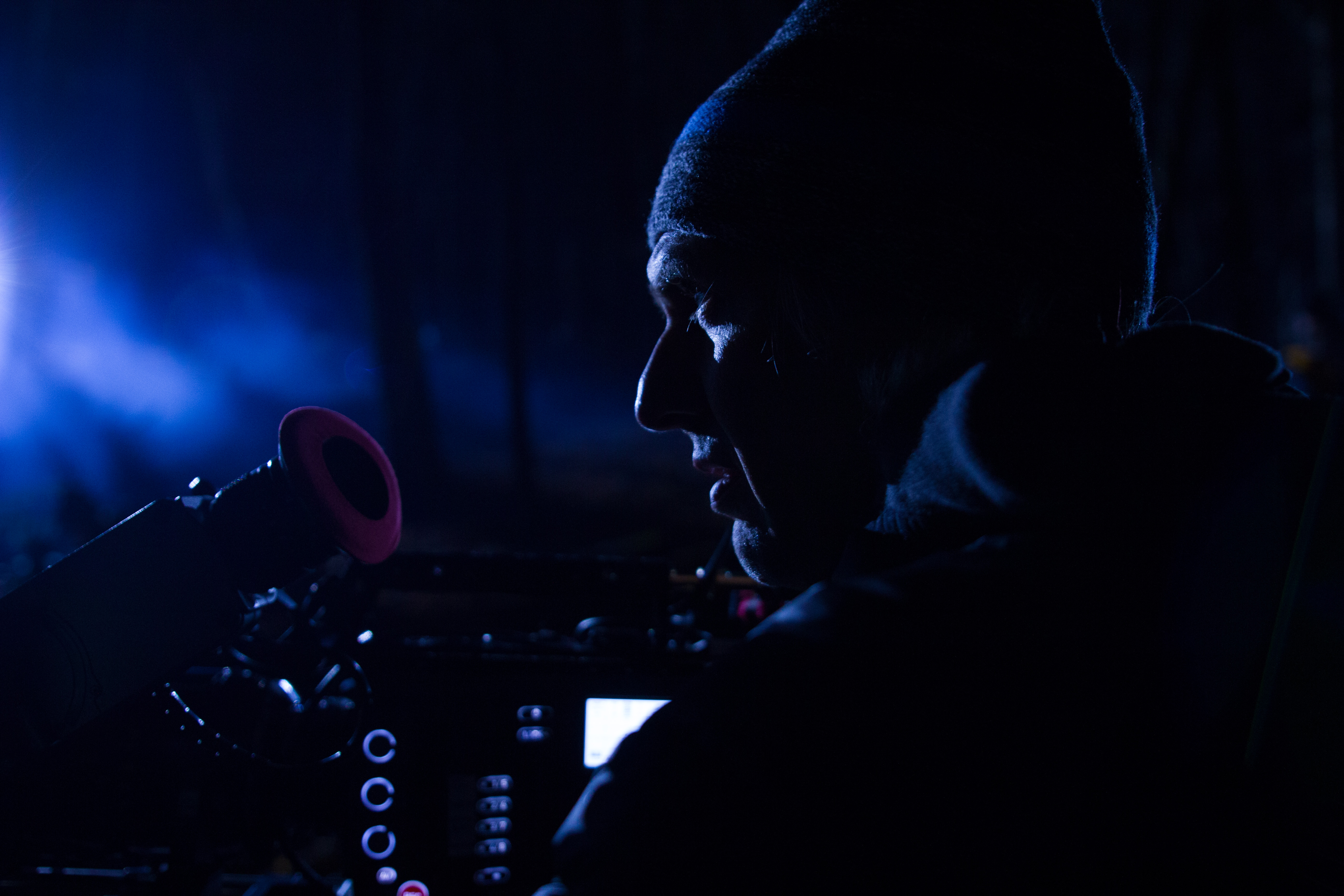
Where do you draw your creative inspiration?
Normally I draw my inspiration from the world around me, from travel and the incredible diversity our planet has to offer. Since this is not quite possible at the moment, I am studying art online and taking writing courses to better understand the structure of storytelling.
Where do you see yourself in 10 years?
The sudden loss of what we all took for granted should inspire all of us to appreciate our surroundings and our planet in a way we haven't in decades, so in 10 years, I hope to see myself doing something meaningful for the world around me.
What advice would you give to someone just starting out in the industry?
Take advantage of the opportunities that come your way, appreciate the people who you collaborate with and what you are able to achieve together, and be nice!
Responses have been lightly edited for space and clarity. To hear more from Petr Cikhart, watch our previous Creative Forces Online stream hosted by Ian McCausland!
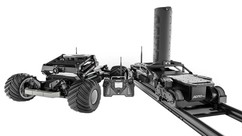
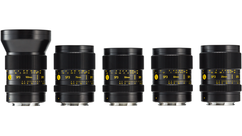
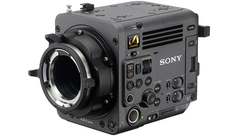
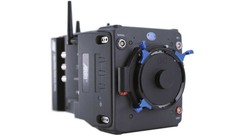
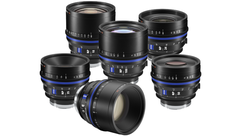
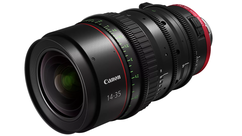
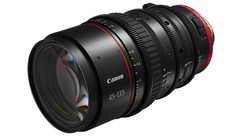
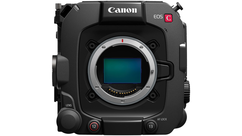


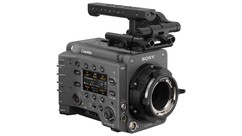
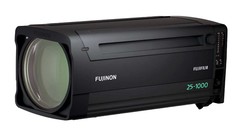




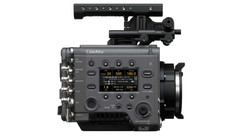
AbelCine encourages comments on our blog posts, as long as they are relevant and respectful in tone. To further professional dialog, we strongly encourage the use of real names. We reserve the right to remove any comments that violate our comment policy.
AbelCine publishes this blog as a free educational resource, and anyone may read the discussions posted here. However, if you want to join the conversation, please log in or register on our site.
We use Disqus to manage comments on this blog. If you already have a Disqus account registered under the same email as your AbelCine account, you will automatically be logged in when you sign in to our site. If not, please create a free account with Disqus using the same email as your AbelCine account.